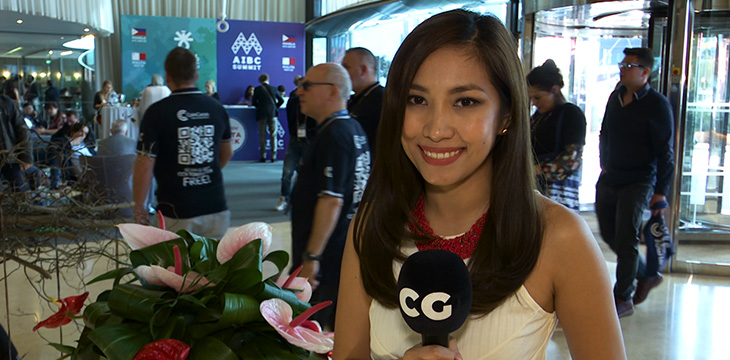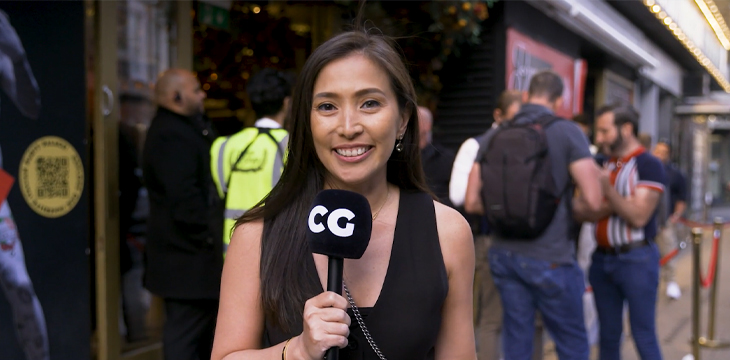
|
Getting your Trinity Audio player ready... |
The winter and second edition of the AI and Blockchain Summit kicked off Thursday in the still sunny island of Malta, and started heavy and strong with discussions on regulation around the world.
While Malta is trying to move towards regulation for these two sectors—blockchain and AI, it is still lagging behind, and needs to be more realistic. This is according to one of the panelists discussing regulatory perspectives Excoin Futures President Mru Patel. He thinks that Malta needs a friendly environment and a trustworthy blockchain regulation.
Speaking to CoinGeek, Patel shared how Malta, with other organizations and states, is working to create a global regulatory framework standard that will benefit the industry. The recently announced Global Blockchain Organization, aims to develop this regulatory framework for blockchain that the rest of the world can follow.
Meanwhile, Parliamentary Secretary on Financial Services, Digital Economy and Innovation Hon. Silvio Schembri shared how Malta is working on a strategic approach in continuing to enrich the ecosystem thru robust legislation. He believes that substantial and long-term strategy is key to creating a solid regulatory framework for the industry.
Schembri also expressed positivity towards the letter of intent filed by 34 visual financial assets services providers to continue their operations in Malta after the transitory period ended last week. Under Virtual Financial Assets Act, the Malta Financial Service Authority has allowed these providers to operate since November 2018.
From Malta to the Middle East, the potential of blockchain in this region is undeniable. Though regulations have been an important element to improve the space, former tech lawyer, Dubai-based Irina Heaver thinks it should not stop anyone from developing and creating. Irina is the co-founder of the region’s largest exchange Emirex. Due to the diverse nature of the region and its segmented market, regulation would be slower compared to other parts of the world.
In the U.S., State Department Financial Economist Andrew Zvirzdin shared their perspective in the regulatory framework—is blockchain and artificial intelligence revolutionary or evolutionary? He said that in terms of regulation, the shift is going towards evolutionary so the approach would be looking at the technology as they emerge, base according to the risk of the tech, case to case approach. At the end of the day, he said, there’s certain amount of flexibility and complexity given that there is 58 entities regulating in the U.S. The country also generally supports that much open and free flow of commerce and free flow of information while respecting customers security and privacy.
Heading straight to Asia, Chinese President Xi Jinping’s statement on embracing blockchain has been a surprise to many. Speaking to CoinGeek, conference host and tech journalist Monty Munford shared a personal anecdote on why he thinks this isn’t so, and what this could possibly mean. Watch this video to learn his story.
The two-day show features the increasing volume and velocity of advances and immense opportunities within these two sectors for an expected 6,000 attendees to arrive at the Intercontinental Hotel from all sides of the globe.
With strategic spots, AIBC has surely made every learning opportunity easily accessible through its expo floor – showcasing various companies and products, workshops and of course, the conference tracks.
An AI-Start Up pitch also took place during lunch hours emerging London-based Photocert as the winner.

 11-22-2024
11-22-2024


